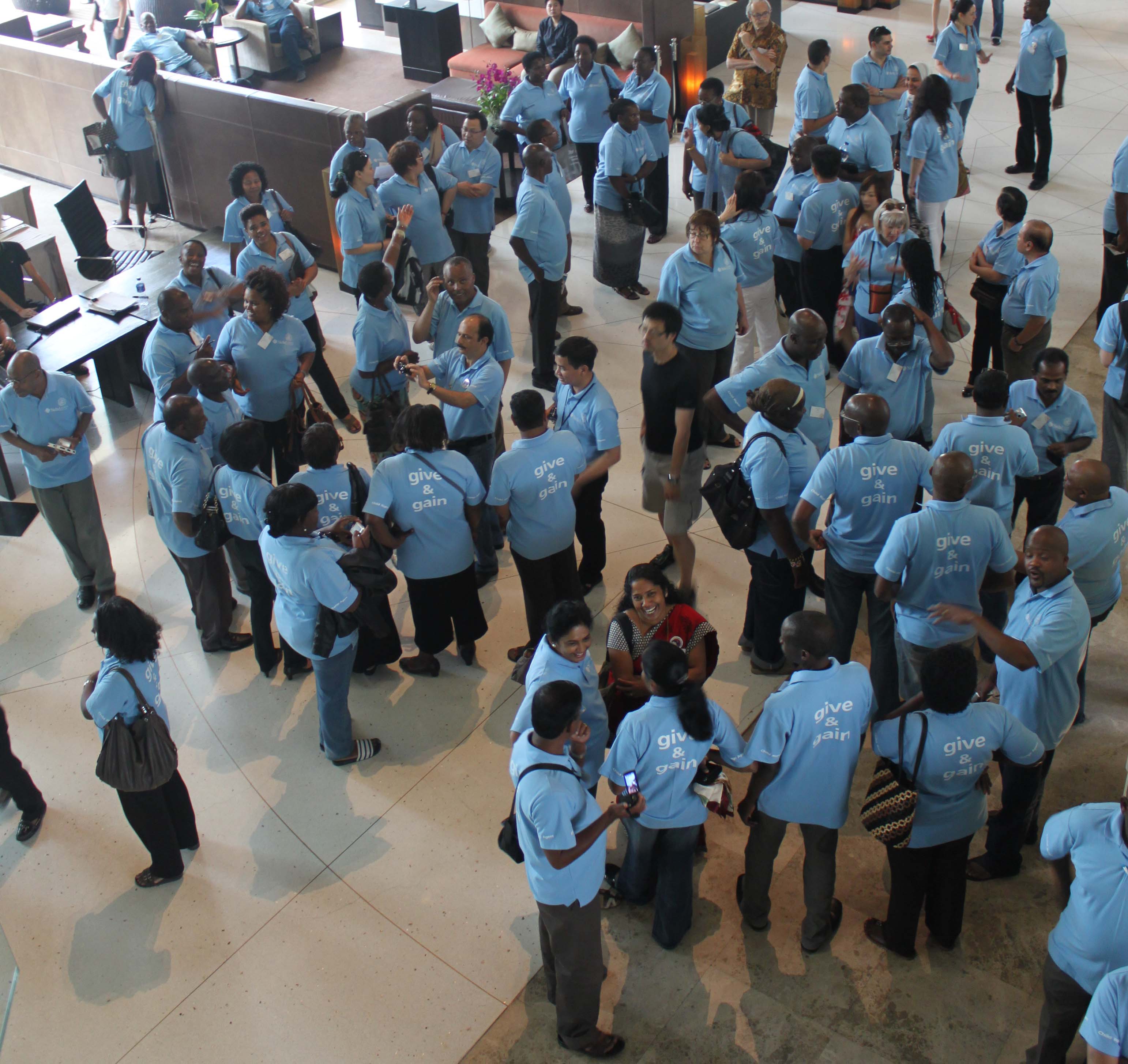ITP Child Rights, Classroom and School Management
For 13 year, the successful Sida ITP programme "Child Rights, Classroom and School Management" has been given as commissioned education at Lund University. International Training Programmes (ITP) financed by the Swedish Development Cooperation Agency Sida (the Swedish Development Cooperation Agency) have the overall goal of supporting agencies, organisations and businesses in developing countries in their efforts to reform and contribute to their development to combat poverty in the long term. The overall objective of the ITP "Child Rights, Classroom and School Management" was to initiate change processes focusing on the best interest of the child. The programme was developed by teachers and researchers from the Faculty of Social Science at Lund University with contributions from the Faculty of Education at Malmö University.
The programme supplied both background knowledge and an understanding of the content of the Child Rights Convention and other relevant international conventions and instruments, as well as tools for capacity development and organisational change. Consequently, participants could connect theory and practice and thus translate knowledge into practical everyday work. Participants could function as agents of change – “change agents” in their domestic contexts. So, from batch 1 to batch 21, 630 change agents, that came in teams of three from different levels of the education sector have participated in the global training programme in the 29 participating countries. Most of the change agents remain active in the field of education, working for change in line with the CRC.
Change Processes
280 change processes focusing on the best interest of the child and the 3 Ps – Provision, Protection and Participation, based on the UN Convention on the Rights of the Child, have been initiated. The projects have a bottom-up approach and starts in school where they immediately improve the conditions for the children. Many projects have focused on participation in the classroom and also in the school, for example participatory approaches have been introduced and school councils have been established. There are also examples of new child friendly teaching models where the teacher and the child are on the same level. Changes have taken place and been implemented in different institutions for example ministries of education, training institutes and a big number of schools.
Three Impact & Dissemination Seminars have been organised in the programme where about 200 change agents networked, followed up and shared results and experiences for one week.

There are active national networks consisting of former participants (change agents) in 16 of the participating countries. The networks are an important result of the Child Rights, Classroom and School Management programme and they work as important actors for child rights in their countries.
For more information:
Background of the ITP
Framework and Content of the ITP